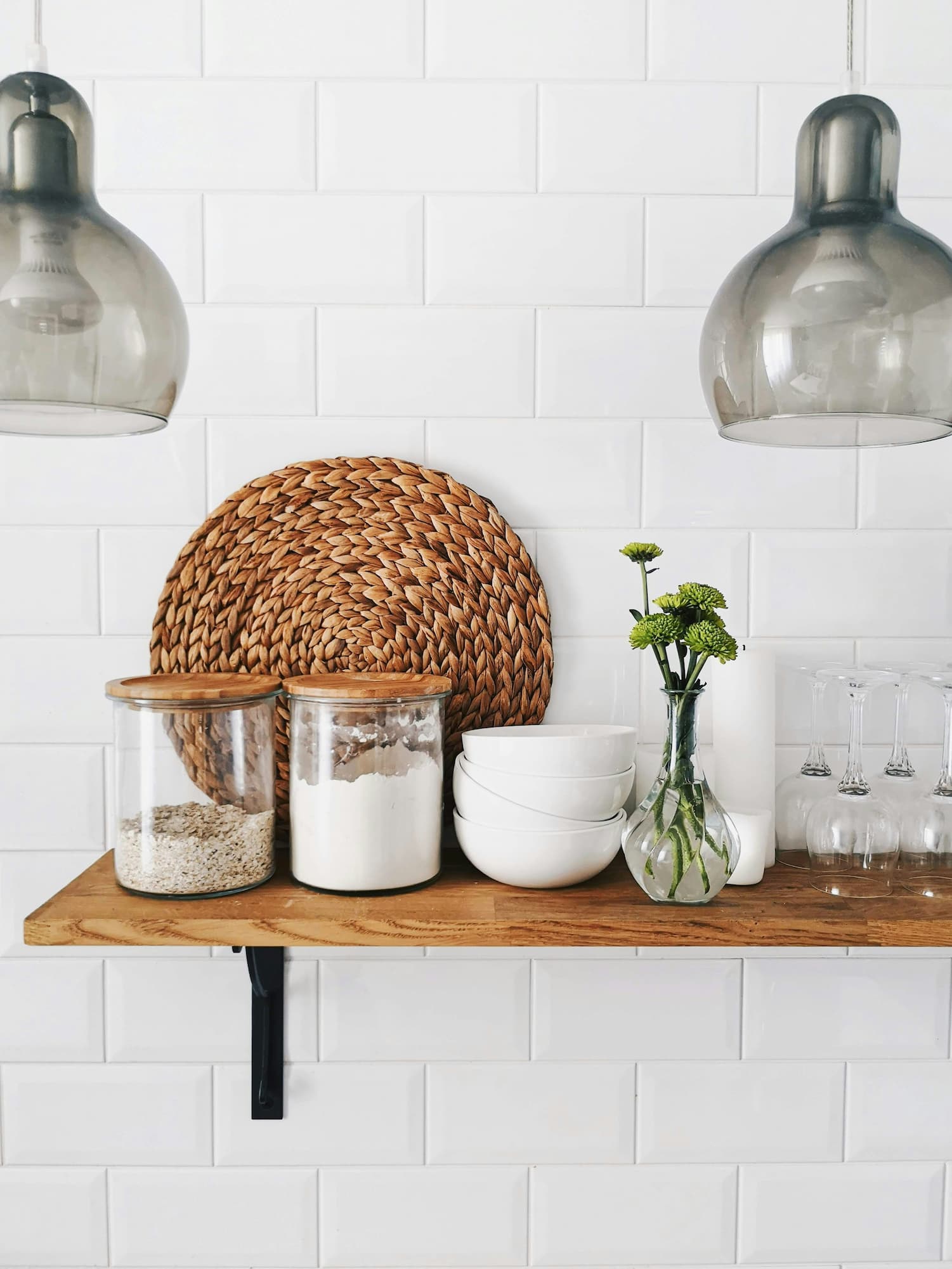
- High Country Conservation
- January 14, 2025
- Ask Eartha
Dear Eartha, my New Year’s resolution for 2025 is to use less plastic at home, but it seems really overwhelming. How can I get started without stressing myself out?
What a wonderful resolution! The good news is that there are tons of sustainable swaps you can make at home. From the kitchen to the bathroom and everywhere in between, there’s a plastic-free solution for almost anything. And now that living sustainability has become more mainstream, you can find many of these products at very reasonable prices. The possibilities are truly endless (and easily overwhelming), so I would suggest starting with just one swap at a time. Once that feels comfortable, you can move onto the next. You don’t have to completely change your life to make a big difference.
Sprucing Up Your Kitchen
In my opinion, the kitchen is the best place to get started because many of the swaps in the kitchen are quick and easy. Talk about setting yourself up for success! Let’s walk through some of the options.
1. Reusable K-Cups – Did you know that every day in America we toss between 50 and 60 million K-Cups in the trash? Even at the low end, that would be 18 billion K-Cups a year – WOW! Keurig lovers don’t despair: If you start your day with a cup of coffee from your Keurig, you can purchase refillable and reusable K-Cups. Just make sure you opt for the stainless steel version to avoid any additional plastic.
2. Beeswax Wraps – Plastic wrap feels indispensable until you try beeswax wraps. Made from cotton infused with beeswax, resin, and jojoba oil, these wraps are pliable, reusable, and perfect for covering bowls or wrapping snacks. They’re also easy to clean (just rinse with cool water and mild soap) and last for months. No more wrestling with clingy, wasteful plastic wrap!
3. Glass or Stainless Steel Containers – Plastic containers might be cheap, but they can stain, absorb odors, and degrade over time. Glass or stainless steel containers are a better alternative. Glass is perfect for reheating leftovers, while stainless steel is lightweight and great for packed lunches. Yes, the upfront cost is higher, but these containers last for years, making them a smart investment.
4. Silicone Food Storage – Bags Each year 327 billion plastic bags from the US pollute our oceans, Ziploc bags included. If you’re constantly reaching for plastic Ziploc bags, try switching to silicone food storage bags. They’re reusable, durable, and versatile. Use them for snacks, sandwiches, or even freezer storage. Unlike their plastic counterparts, silicone bags are easy to clean (most are dishwasher-safe) and don’t tear or leak. They’re also free from harmful chemicals like BPA, so you can feel good about using them for your food.
5. Refillable Soap Dispensers – Chances are, you’ve got at least one plastic soap bottle sitting by your kitchen sink. Switching to refillable soap dispensers made from glass, silicone, or aluminum is an easy way to cut back on plastic waste. Filling your soap bottle is a breeze. Whether you opt for liquid or powdered soap refills, you can buy your soap in bulk. To make sure your refills aren’t packaged in plastic, shop online or at refill stations found at many eco-friendly stores.
Successful Shopping
It’s important to do your research before making your new purchase. Look for high-quality, long-lasting products. Cheap alternatives might not hold up, which defeats the purpose of replacing your plastic items in the first place. You can find products online from websites like Blueland, Eco Roots, and even Amazon. Prefer to shop in person? Many local grocery stores carry reusable, plastic-free items. With locations in Silverthorne and Frisco, Minimal Impact offers sustainable swaps for the kitchen, laundry, general cleaning, and even personal hygiene.
Why These Swaps Matter
Every piece of plastic ever created still exists somewhere on the planet. Making these small changes helps reduce the demand for single-use plastics, decreases pollution, and conserves natural resources. These swaps often save you money in the long run and can make your home feel more organized and intentional. Living sustainably doesn’t have to be complicated or overwhelming. By making a few easy swaps, you’ll reduce your plastic footprint and contribute to a healthier planet. So why not give it a try? Your future self (and the Earth) will thank you.
Ask Eartha Steward is written by the staff at the High Country Conservation Center, a nonprofit dedicated to waste reduction and resource conservation. Submit questions to Eartha at info@highcountryconservation.org.
